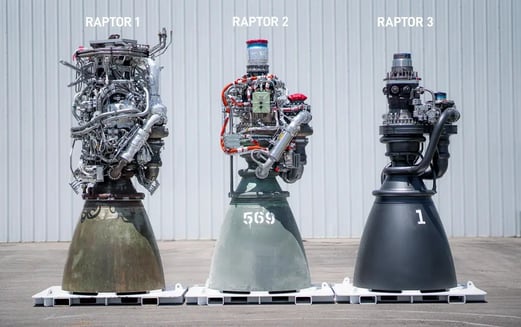Every product launch is a gamble.
Quality Done Right
We tend to think of quality as an inspection step. The gate at the end of the production line that catches mistakes before they reach a customer. That is the old frame. It is the frame that made sense when problems were rare, change was slow, and competitors were playing the same game you were.
But look at where the competition is now.
Chinese automakers are not just making cars that match Western fit and finish. They are producing at a speed and integration level that compresses the entire quality loop. BYD builds batteries, drivetrains, and vehicles in the same ecosystem.
When a problem surfaces, the fix is not a meeting on next quarter’s agenda. It is in production within days.
SpaceX feels similar. They don’t rely on catching defects at the end of a process. They design the process to learn continuously. A test flight might fail in public, but that failure is metabolized into design changes almost instantly. Tesla applies a similar rhythm to its cars. Their software-defined architecture means an issue in the field can be addressed with an over-the-air update in days, not months.

This is the deeper shift. Traditional quality is about reaction. Modern quality is about anticipation.
AI can see patterns across billions of telematics signals, diagnostic codes, and repair logs, far beyond what any human can track, and flag issues before they cascade. It turns quality from a clean-up crew into the lead architect of the product’s evolution.
If you’re a 24-year-old Georgia Tech alum, just starting in a quality division in Detroit, you’re stepping into something bigger than defect reports. You are stepping into a race. A race where speed, iteration, and reliability decide not just who sells more cars, but who defines the standards for mobility in the next century.
This same playbook will move into trucks, construction equipment, agriculture, and mining. Anywhere complex machines matter, this contest will play out.
Done right, quality is not just part of the process. It is the process. It is how you build faster, learn faster, and adapt faster without losing the trust that makes customers stay. In the next decade, that will not just be good engineering.
It’s geopolitical advantage.




